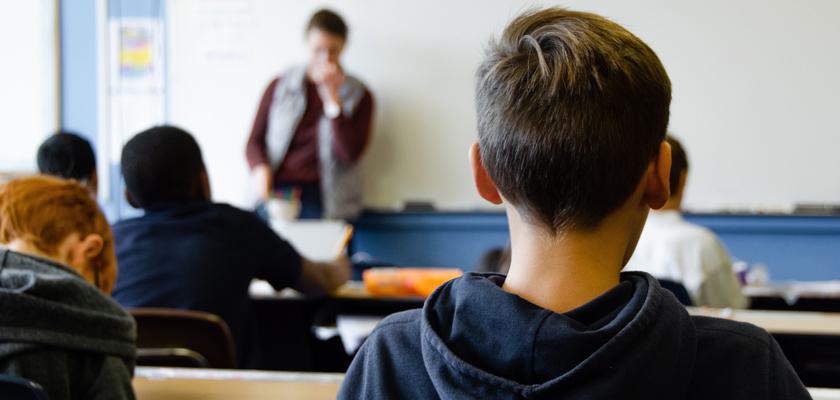For students who started kindergarten in 2019 or 2020, there have been challenges in school following the COVID-19 pandemic. Those who will begin the third and fourth grades this year have never experienced a complete school year without the looming threat of a pandemic shutdown.
An Alabama educator and reading specialist told 1819 News – on the condition of anonymity to protect the identity of her students — that these children, which she dubbed "COVID students," have exhibited behaviors she hasn't seen in her 15 years in education.
"What we're seeing is students in those grades, is it's very hard to keep their attention with the face-to-face instruction," she said. "They tire easily, they have disruptive behaviors, they have task-avoiding behaviors. The paper/pencil work is very difficult."
The teacher said a lot of problems were onset by the virtual world. While the internet presented challenges to children pre-COVID, the teacher said the pandemic brought those challenges to the masses and caused class-wide issues for educators. She encourages teachers to go to smaller-group instruction and to allow breaks when possible.
"They're having to do a lot of what we call 'brain-break' to let the students get up and stretch and move about because it's almost like these students are wired differently," the teacher said. "They need that break because it's almost like their brain is driven, and they can't turn it off.
"They're so used to the fast pace of technology where if you do something correctly, you get an instant result. But with a teacher and teaching in the classroom, there is a wait time. You have to be patient and wait to find out and I don't think the COVID students necessarily have that."
Alabama State Department of Education director of communications Dr. Michael Sibley said when schools were closed, the immediate concern was how to instruct children from home. Later, the concern was how the students would be impacted by the missed time in the classroom.
All students had to adjust when they re-entered the classroom.
"Mental health is an issue," Sibley told 1819 News. "That's one of the reasons we worked with the Alabama Department of Mental Health to provide hundreds of mental health coordinators across the state who are supporting our students."
Each school system has at least one assigned mental health coordinator to work with teachers and students. Those specialists look for signs of mental and emotional issues.
"Our students are being diagnosed or exhibiting symptoms of depression or anxiety," Sibley added.
Some of the underlying reasons COVID caused stress for children were some experienced the death of family members and others developed anxiety concerning the pandemic.
Sibley said because of federal funding from COVID, the department could allocate more funds to classrooms to address academic and behavioral challenges. Some of those funds have gone towards professional development for teachers.
At the classroom level, the teacher 1819 News spoke to said teachers and parents could make moves for change. She encourages parents to limit children's screen time and foster face-to-face conversations.
To connect with the author of this story or to comment, email erica.thomas@1819news.com.
Don't miss out! Subscribe to our newsletter and get our top stories every weekday morning.










